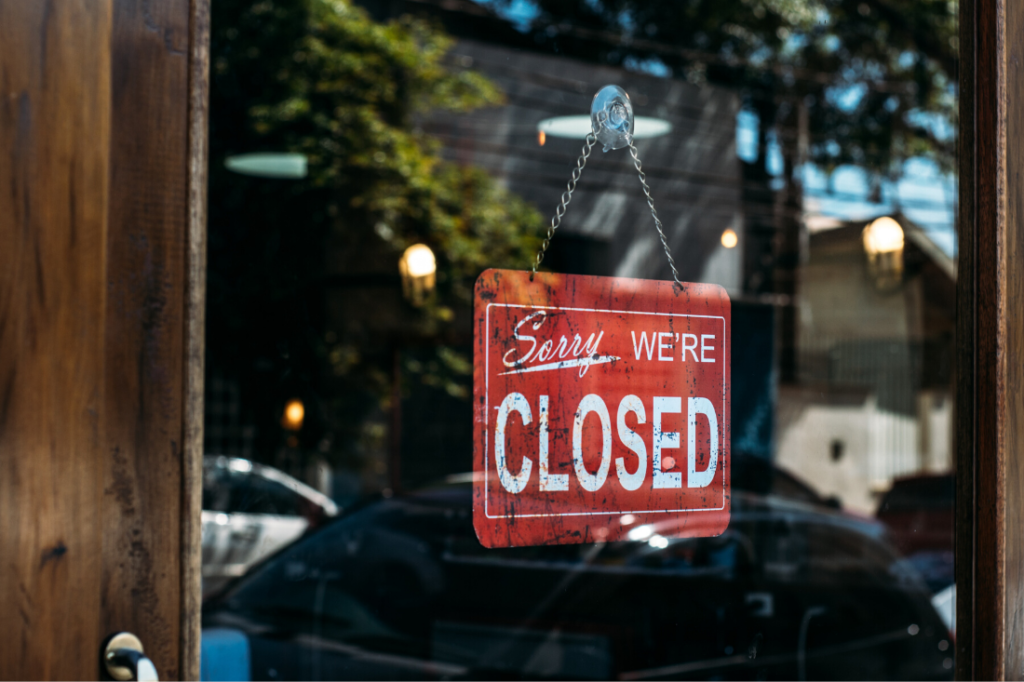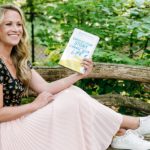On Jan. 16, my editor informed me that my next column deadline was March 16. The suggested subject was planning. It seemed simple enough. After all, I’ve always been a planner
I’ve used planners, complete with color-coded markers, since I was in the fourth grade. The past several years on New Year’s Eve, my husband and I have opted out of the parties and stayed home to set goals and plan for the year to come. While some people like to see what the weekend brings, I like to plan what the weekend will bring.
So on Jan. 16, fresh off my 2020s-Best-Decade-Ever planning session and ready to take on the world, I felt thoroughly equipped to write a piece about planning—I would head over to my favorite neighborhood lunch spot like I always do, write while the kids were at school and have it to the editor long before the deadline. As far as I was concerned, the article was going to write itself.
But…
As I type just this fourth paragraph, it is already March 30. It is officially two weeks after I was supposed to hand in my article on planning, and I’m just now getting started.
Am I writing this piece from my favorite neighborhood lunch spot? No, because it’s closed. Instead I am writing it from my New York City apartment bedroom. Am I writing this article while my kids are at school? No, because school is closed. Am I even a writer anymore? Probably not. I spend most of my time trying to teach writing, to my second- and third-grader, because now I am a homeschool teacher.
You felt it too, I know. March came in like a lion and devoured the lamb. Any plans you thought you had were canceled or postponed indefinitely. I remember stressing out because we had tickets to see Sarah Jessica Parker and Matthew Broderick on Broadway but had three babysitters in a row cancel because their colleges sent them home early. How would we see the show?! Oh, nevermind, Broadway was canceled too.
Related: How to Deal With Unexpected Change
And while every day, especially in New York City, is different… here are three things the pandemic taught me about planning.
1. When planning for disaster, think bigger.
You’ve likely heard of the six-month disaster fund you’re supposed to have. Maybe you’ve been diligent about the fund, maybe you’ve been a little more lax. Either way, and especially if you’re a business owner, you never imagined the worst could be this bad. For example, a significant portion of my revenue comes from keynote speaking. I travel (or did) around the country speaking for groups of hundreds, to thousands, to tens of thousands about the power of storytelling in their business. Never in our wildest dreams did we envision a world where people weren’t allowed to be within six feet of each other or where groups of more than four weren’t allowed to gather. Sure we’d planned for disaster, but we never planned disaster would be so disastrous.
While a strong optimism filter is a prerequisite to entrepreneurship, it’s not a plan. Plan for the worst—the real worst.
2. Plans change.
When my husband and I set our goals and made our plans for 2020, all signs showed another record year and we were ready to run. I achieved status on both Delta and American Airlines within the first six weeks of the year. But then in Week 7, I started to burn out. Our 2020 plan was just too much. We re-centered, scaled back and made a new plan. And a week or so later, another new plan was made for us—the COVID-19 plan.
Just like rules are made to be broken, it seems plans are made to be changed. Sometimes you have control over those changes, sometimes you don’t. It took a few days for me to stop trying to cram my square plans through the COVID hole, but eventually I surrendered. And I’m better for it.
3. Plan for what matters most in your life.
In a matter of days the pandemic stripped every plan, every choice, down to bare bone. Luxuries that had been perceived as necessities were quickly exposed. Life suddenly became about food, shelter, health and family.
And while we all mourned various small losses, like graduation ceremonies, vacations, sporting events and birthday parties, it has all added up to one big recalibration. I’m certain that the time will come when we’re making grand plans again. But for now, I’m grateful for the reminder that the foundation of every plan is made of the things that, once everything else is stripped away, matter most.
I can’t help but wonder what this article would have said if I had written it the day I originally planned to. It would have sounded foolish, obscene, like it was written in a different lifetime.
In the end, maybe that’s the biggest lesson of all; at least in some cases, when things don’t go as planned, something better comes of it.
Read next: 5 Strategies to Help You Build Resilience in Uncertain Times
This article originally appeared in the July/August 2020 issue of SUCCESS magazine.
Photo by Kaique Rocha/Pexels.com











